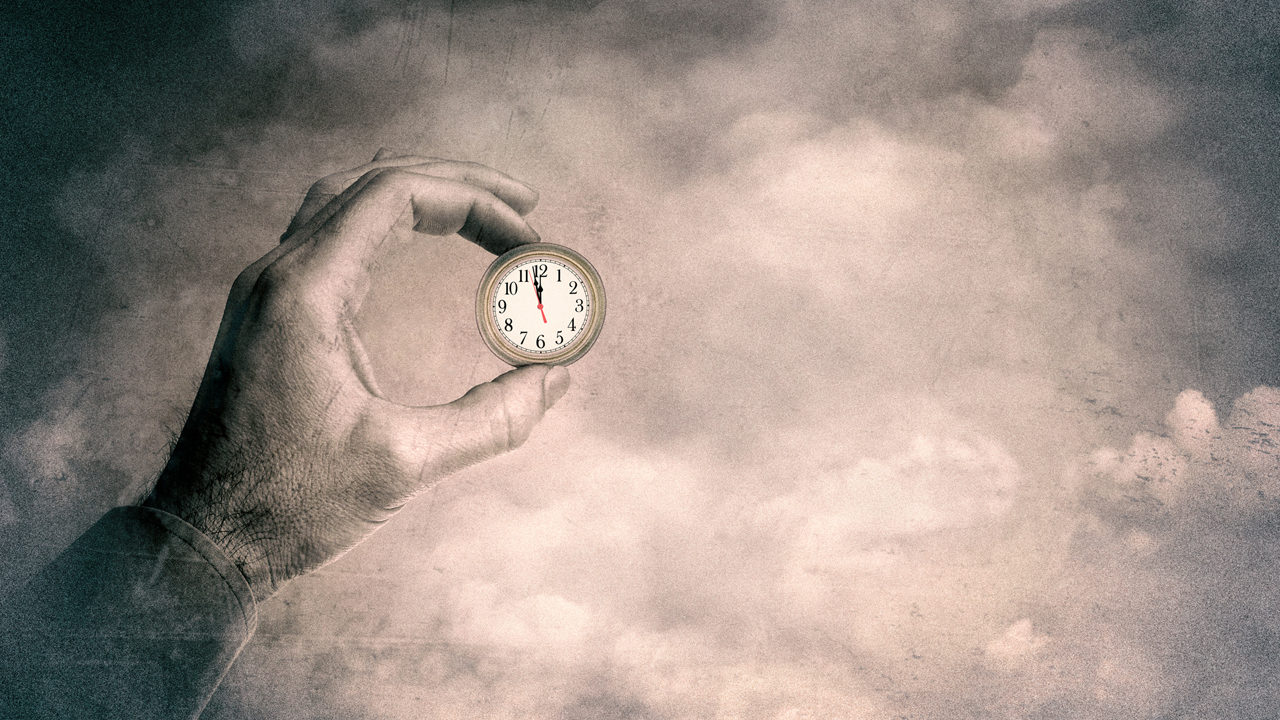Kiandra Insights
Deep Work and the Process of Thriving
.png)

This is part of a month-long series to support closing the gender gap as we lead up to our first Bring Your Daughter to Work Day #BYDTWD2019.
I grew up an only child and first generation Australian. My late mother came from a poor Indonesian village and was unable to read or write. She was forced to drop out of primary school to earn money for her family. After meeting my dad and moving to Australia, I was born and mum continued to work at least two jobs as a cleaner, while my father was a truck driver.
Growing up, one of my clearest memories is of my mum telling me how important it was to go to school and get my 'meal ticket'. By this, she not only meant finishing Year 12 but also obtaining a qualification. At the time, I rolled my eyes and longed to have a 'normal' childhood playing with friends and ditching school to hang out at the local shops. Instead, I was surrounded by bullies and racism – now, I understand that these kids were simply fearful of my skin colour, hair type and of course, my weird name.
Determined
In the light of the discrimination I experienced, I was determined to just ‘get on with it’. I ignored the racist slurs and misogynistic comments and strived to do the best at whatever I put my mind to.
Being an only child in a world of adults, my weekends and holidays were spent on my own, so I had to find ways to amuse myself. My favourite things to do included word puzzles, math games and reading. All of these would require me to intently focus my concentration on the activity at hand. No distractions (the days before the internet!).
At school, I loved working ahead of the rest of the class to master the next chapter in our books. I was lucky that without the distraction of siblings or other children, I was always able to focus and conquer the next level of difficulty in my school subjects, whether it be maths, English, science or German.
Eventually, my teachers asked me to help out the other students. I remember my favourite maths teacher letting me teach algebra and calculus to our Year 8 class. Mr Cook was my favourite because he seemed to take an interest in my ability to not only juggle difficult mathematical concepts, but also play a musical instrument well enough that I was chosen to represent my school at both local and state competitions. This same teacher told me that some of the best mathematicians were gifted musicians. This confused yet fascinated me, and was the beginning of my journey learning to juggle my love of music with developing technical and analytical skills. How could two very different skill sets be mastered by the same person?
It was around this time when I was 13 years old, when I got my first computer at home. I would sit for hours and hours every day and night looking around the operating system, testing out commands and trying to reverse engineer programs and games to understand how it all worked. Sometimes I would get it all wrong and totally broke it. Then I persevered and learned its patterns until I could get the computer to start responding again so I could rebuild it. When I was away from my computer, I would draw pictures of computer components and talk to anyone about computer programs. I quickly realised that this space was dominated by boys but honestly, I was oblivious to the differences between us; I only saw similarities.
As I was nearing Year 10, the other kids were deciding what they wanted to study at uni so they could choose their Year 11 and 12 subjects – it felt scary to make a decision that could affect the REST OF MY LIFE. While I still didn't know what I wanted to do after high school, I decided I needed to challenge myself and pleaded with my parents to let me apply to MacRobertson Girls' High School. After a long process of sending letters, making phone calls and managing the application on my own, I was invited to sit the entrance exam.
I passed the entrance exams in English, German, maths, plus a music audition and was accepted into Year 11 (along with the top 3% of applicants in the state). This was a huge shock to my 16 year old system – to go from a suburban, co-ed high school where most kids dropped out before finishing, to a girls-only, inner-city school with a rich extra-curricular program and students who regularly ranked at or near the top Year 12 results in Victoria.
Despite feeling way outside of my comfort zone, I did what I knew best and put my head down to complete my coursework and practise my music – again, I got on with it.
Things were different now. Everyone around me was incredibly gifted. I was no longer a minority in terms of race or gender either. I worked hard but it wasn’t enough – I also needed to learn how to work smarter. I did this by putting in place systems for me to track my homework and assignments. I also reviewed my progress regularly so that I could keep myself accountable and understand the most productive times of my day. Prior to starting my homework, I would review my list and prioritise it so I would always be working on ‘the most important thing’ first. No one was telling me how to do this but somehow, it was working – I was slowly mastering the art of self-discipline.
This skill has stayed with me as an adult and has enabled me to focus so deeply when working on difficult tasks, that it feels like nothing else exists for that moment.
The common thread amongst both my 'technical' work and 'artistic' endeavours was that both required the ability to focus deeply, in a world of distractions. This skill is now known as 'deep work' and is ‘the ability to perform activities in a state of distraction-free concentration’. Some people call this a state of ‘flow'. Deep work will become an incredibly important skill in the future and is being called “the #1 job skill that will never be obsolete”. If you make deep work the core of your school and working life, you too will thrive.
Read more in the series from Judy, Marielle and Mel.
More insights

How low code is transforming app development in insurance
Low-code development is changing how insurers build and modernise their systems. It’s faster, more flexible and helps bridge the gap between IT and business. Learn how platforms like OutSystems, and Kiandra’s delivery expertise, are helping Australian insurers move beyond legacy systems and deliver better digital experiences.

Your legacy software is on borrowed time
Your legacy systems are quietly costing you time, money, and opportunity. Learn why they are on borrowed time and how a modern, low-code approach can help you move forward with confidence.

Replacing legacy systems with modern custom software
Many organisations across Australia still depend on systems built decades ago. These platforms once did the job, but they now act as barriers to growth. They are costly to maintain, difficult to scale, and risky to secure. More importantly, they can no longer keep pace with the expectations of staff and customers.
Let’s discuss your next project
Whether you’re curious about custom software or have a specific problem to solve – we’re here to answer your questions. Fill in the following form, and we’ll be in touch soon.





.svg)


.svg)



